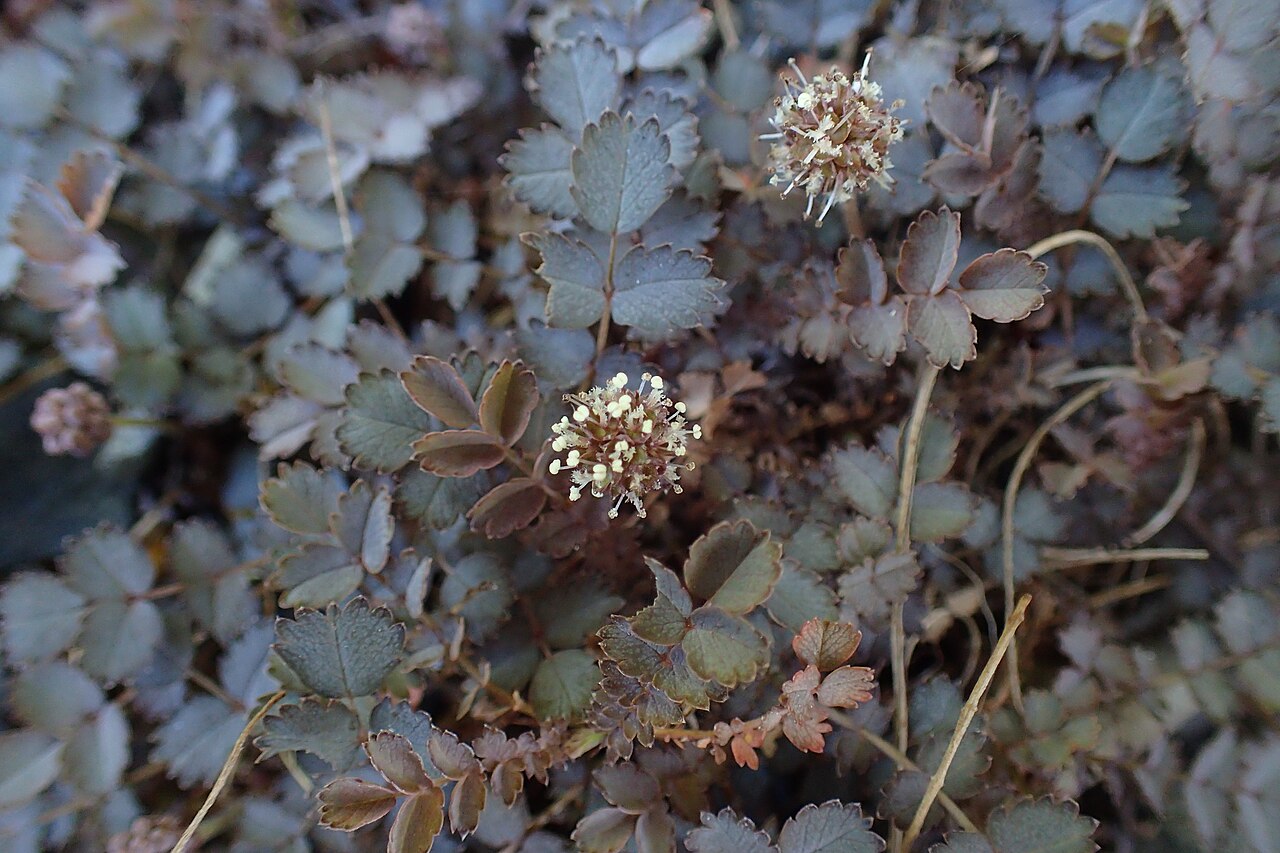About New Zealand's Native Flowers
New Zealand's native flowering plants offer unique colors and forms that have evolved in isolation. While often more subtle than exotic garden varieties, our native flowers have special adaptations to local conditions and provide essential food for native birds, bees, and other pollinators. Adding native flowering plants to your garden helps support local ecosystems.
Explore Our Native Flowering Plants

Kōwhai
Sophora microphylla
New Zealand's unofficial national flower with brilliant yellow blooms that attract native birds.

Mount Cook Lily
Ranunculus lyallii
The world's largest buttercup with striking white flowers and large round leaves.

Rengarenga
Arthropodium cirratum
An elegant lily with sprays of star-shaped white flowers on long stems above strap-like leaves.

Puarangi
Hibiscus trionum
A delicate cream flower with a purple center that opens for just one day.

Kākābeak
Clianthus puniceus
A rare plant with spectacular clusters of red flowers resembling a parrot's beak.

Chatham Island Forget-me-not
Myosotidium hortensia
A magnificent plant with large glossy leaves and brilliant blue flower clusters.

Kūmarahou
Pomaderris kumeraho
Known as "gumdigger's soap" for its foaming properties, with clusters of yellow flowers.

Shore Spurge
Euphorbia glauca
Striking coastal plant with blue-gray foliage and distinctive red stems.
Growing Native Flowers in Your Garden
Native flowering plants can add color and interest to your garden while providing food for native birds and insects. Most prefer well-draining soil and a sunny position, though some forest species will appreciate partial shade. Consider the natural habitat of each species when planning your garden.

